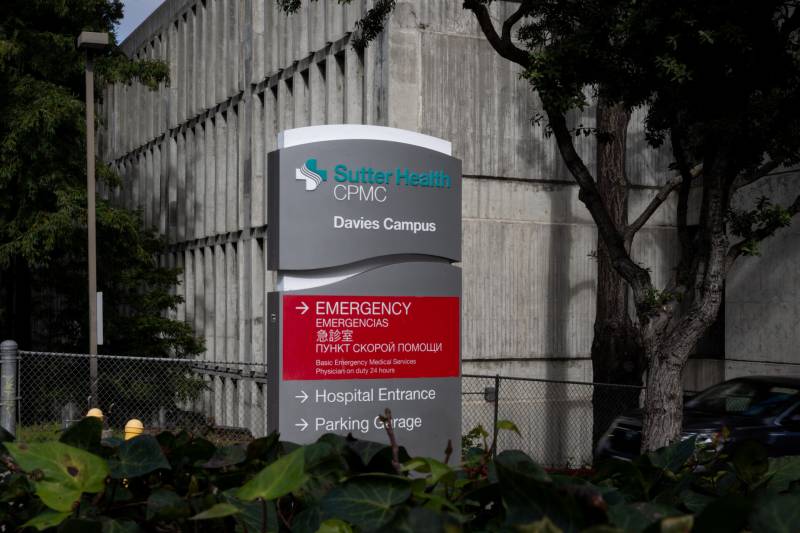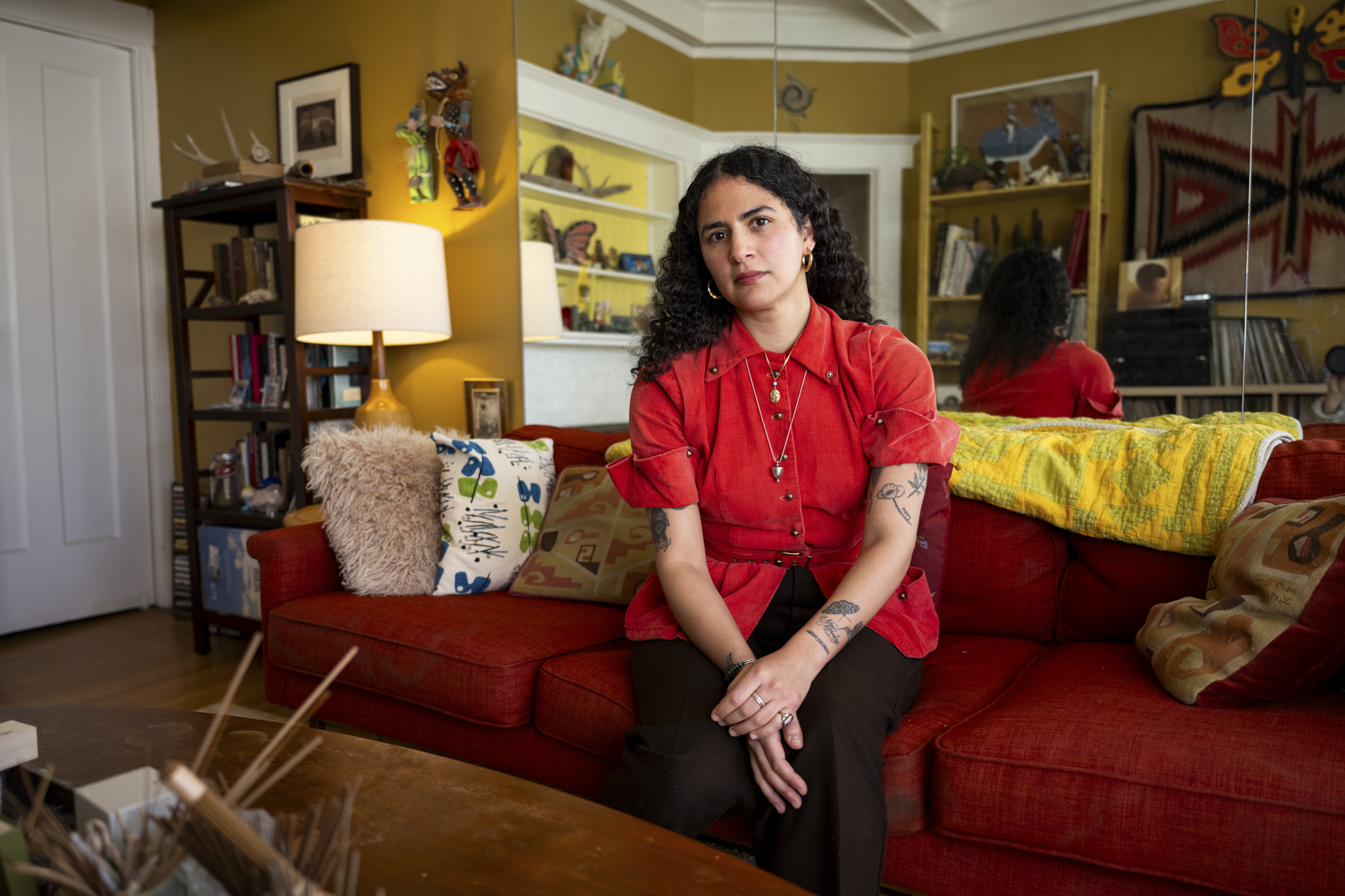“The violent incident reports are key to the success of implementation of workplace violence prevention plans,” Comsti continued. “[They allow] workers to know what is happening and can engage with their employer to say these things we need to improve.”
Golomb and her colleagues have pressed Sutter Health to increase its safety measures. Earlier this month, they delivered a petition to hospital management signed by more than 100 psychiatry residents, fellows and nurses who demanded a round-the-clock security presence in the inpatient psych unit and an intensive care unit.
“Our ability to continue to provide the highest standard of care is increasingly threatened by a growing concern for our own safety in our workplace,” the petition said.
Sutter claims it has spent nearly $40 million to improve security for the unit where Golomb was attacked, purchasing cameras, panic buttons, duress alarms and securing doors. A security officer is now stationed there during the day.
On March 8, the day after KQED’s story on Golomb was published, Warner Thomas, Sutter Health’s president and CEO, sent an email to hospital employees titled, “Keeping you safe from harm at work.”


